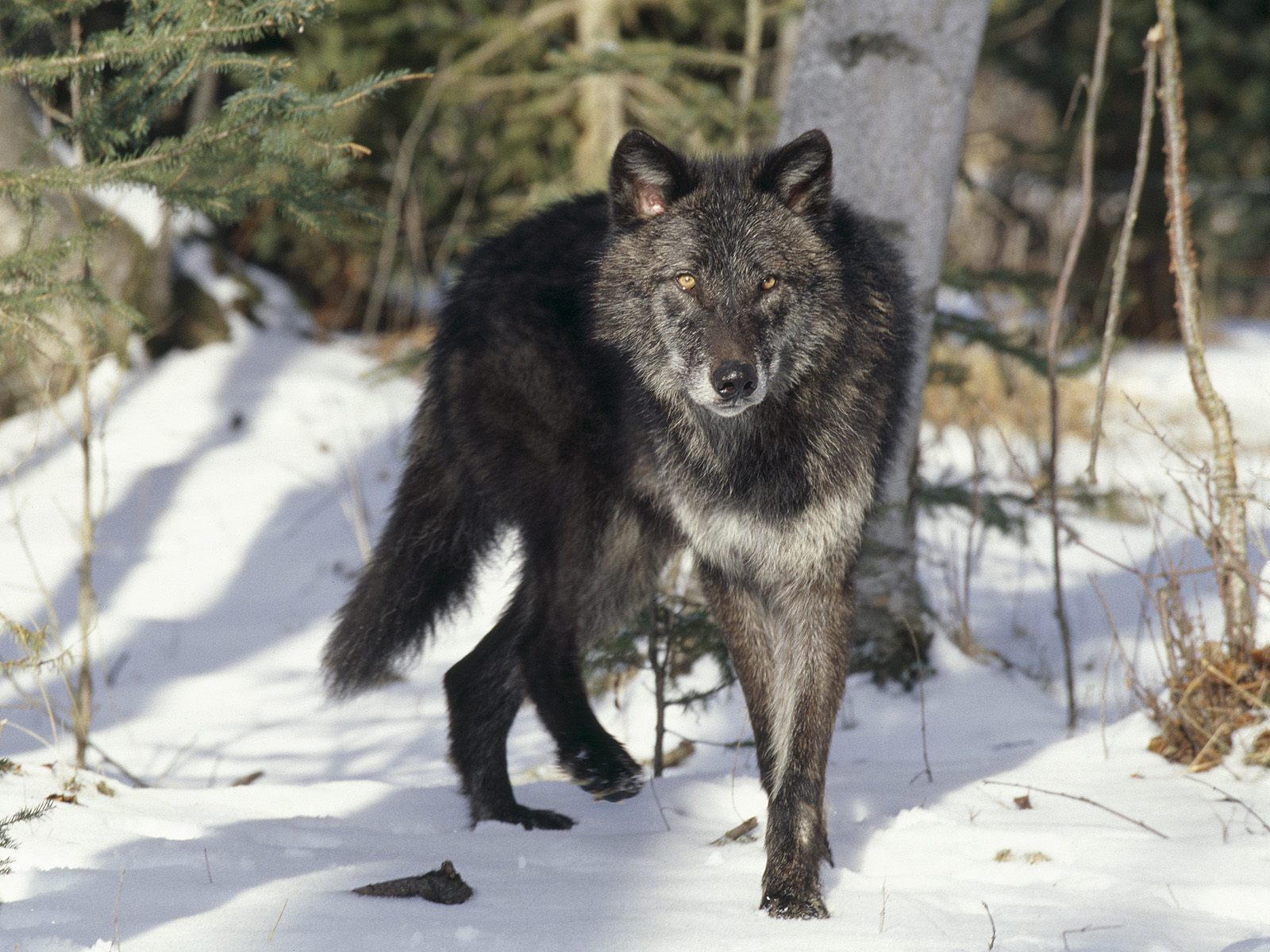
Black wolves were considered rare in northern Europe however, Dr. However, in fact, "Rossomak" in Russian exactly corresponds with the English "wolverine", a mustelid species, in English ( Gulo gulo in Latin). Colonel Smith erroneously believed that the so-called "Rossomak" of the Lenas in Siberia was of the same variety. Black wolves were also reported in Siberia as the Vekvoturian Mountain-wolf. They also occurred in the mountains of Friuli ( Italy) and around Kotor ( Montenegro). Black wolves were considered rare in France, but common in Southern Europe at the time, with black wolf populations south to the Pyrenees apparently outnumbering other colour morphs. Cuvier and other naturalists largely followed his example. Linnaeus gave the black wolves of Europe the binomial name Canis lycaon, under the assumption that the species was distinct from grey- and white-coloured wolves. Besides coat and knee colour, they are normal grey wolves.Įarly encounters and speculation Europe Genetic research from the Stanford University School of Medicine and the University of California, Los Angeles revealed that wolves with black pelts owe their distinctive coloration to a mutation which occurred in domestic dogs, and was carried to wolves through wolf-dog hybridization. Black specimens were recorded among red wolves ( Canis rufus), though the colour morph in this species is probably now extinct. The function of the black pigment is largely unknown.Ī black wolf is a melanistic colour variant of the gray wolf ( Canis lupus).
Black grey wolf skin#
(photo taken in Yellowstone National Park) Illustration of a "European black wolf" by Charles Hamilton Smith An illustration of an "American black wolf" by John James Audubon An engraving of a "dusky wolf", an animal once considered a separate species from northern black wolves Skin of a black-coloured wolf taken from the Mackenzie Valley. A picture of a black wolf taken on a road in Valley County, Idaho, United States Genetic research has shown that black-furred wolves owe their coloration to a mutation that first arose in domestic dogs. For other uses, see Black Wolf (disambiguation). Image via Carnivora."Black Wolf" redirects here. The melanism gene in wolves is one of the few instances, perhaps even the only instance, in which interbreeding with a domestic animal has conferred an adaptive edge on a wild animal. As climate change progresses, and forests march northward, it may be that the "gray" wolf population will soon switch to black, all thanks to some melanistic, prehistoric pooches. The reasons why are still a mystery: Black coat color doesn't aid in camouflage, but since it occurs more frequently in southern, forest-dwelling wolves, it may have some advantage for life in warmer climates. Clearly, black wolves derive some benefit from their coloration. With North American wolf, however, this accidental genetic loaner from dogs has become a stable part of their population's DNA. Most new mutations tend to disappear within a few generations. Even if European wolves were the first to don a black coat, it was domestic dogs that brought the gene to the wolves (and coyotes) of North America. Scientists estimate that the gene arose somewhere between 12,779 and 121,182 years ago, with a preferred time of around 50,000 years. Dogs have a unique gene for melanism, which is also shared by European, Asian and American black wolves.

Researchers at Stanford University have discovered that dogs may be the cause of the wolves' unusual coloration. While all tigers are orange and striped, and all grizzly bears are brown, "gray" wolves range from pure white to brown to red to black. Unlike domestic animals, wild species usually don't exhibit such dramatic variations in coloration, especially within the same population. The origin of black wolves has long been a puzzle. The same species as their gray relatives, these wolves have a genetic mutation that causes them to produces excess melanin, a pigment responsible for coat color.


 0 kommentar(er)
0 kommentar(er)
